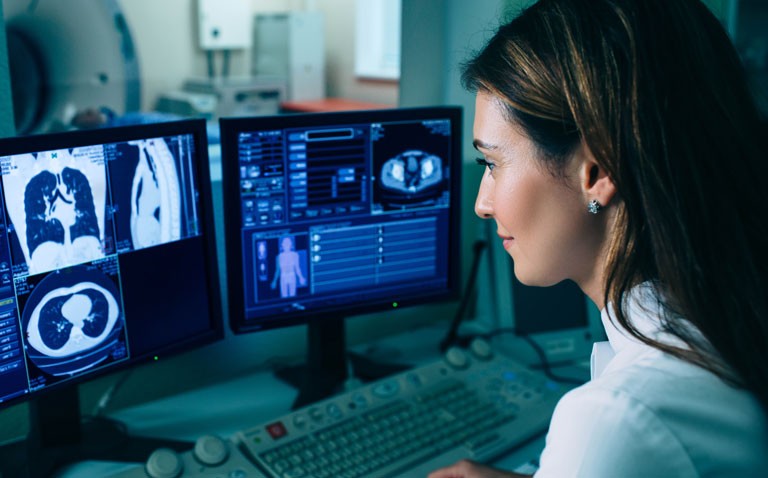Knowledge of medical radiation was found to be limited among those undergoing various imaging modalities according to survey of patients.
Understanding of medical radiation appears to be limited among patients undergoing various imaging modalities according to a survey by a team from the department of Diagnostic and Interventional Radiology, University of Pisa, Italy. The use of imaging techniques have become increasingly important over the years as a diagnostic aid to clinicians although concerns have been raised, especially among the paediatric population, that greater use of modalities such as computed tomography (CT), increase exposure to radiation. Moreover, there is some evidence that among individuals aged under 19 years of age, the overall cancer incidence was 24% higher in those exposed to radiation from CT scans.
But how much do patients who undergo different imaging modalities understand about medical radiation and its associated risks? This was the question addressed by the Italian team who undertook a survey among patients awaiting a medical imaging procedure at 16 hospitals between June 2019 and May 2020. The survey included 23 questions which comprised three sections: the first covered patient demographics including levels of education, area of residence; the second, knowledge about ionising radiation risks and the final section enquired about communication of the risks and current sources of information on these risks.
Findings
The medical radiation survey was completed by 3039 individuals with a mean age of 44.9 years (53.4% female) with virtually all respondents (98.5%) having previously undergone at least one radiological test in their life. In terms of knowledge about the different imaging modalities, ultrasonography was correctly identified as a radiation-free technique by 85% of respondents. Mammography was correctly identified as an ionising modality by only 38.4% but 71% were correct in recognising that CT scans were also ionising. In contrast, however, only 43% of respondents knew that MRI was non-ionising and more than half (55.1%) were unaware that chest CT scans delivered a larger dose of radiation than chest radiography.
Perhaps of more concern, was how nearly half (44.4%) deemed their knowledge of radiation risks as inadequate with only a quarter (24.9%) reporting it as being either fair/good or excellent. Information sources about the risks associated with ionising radiation included radio/television (27.6%), the internet/social media (25.3%) but 35% stated that they had never received any such information. Interestingly, only 42.6% of respondents had been informed about radiation risk during a previous imaging scan and the majority of respondents (80.4%) expressed a preference to receive such information from their healthcare professionals.
The authors concluded that their survey suggested a substantial lack of knowledge about medical radiation and called for improved communication between medical staff and patients to increase awareness of the topics and risks from cumulative exposure.
Citation
Bastiani L et al. Patient Perceptions and Knowledge of Ionizing Radiation From Medical Imaging. JAMA Netw Open 2021










